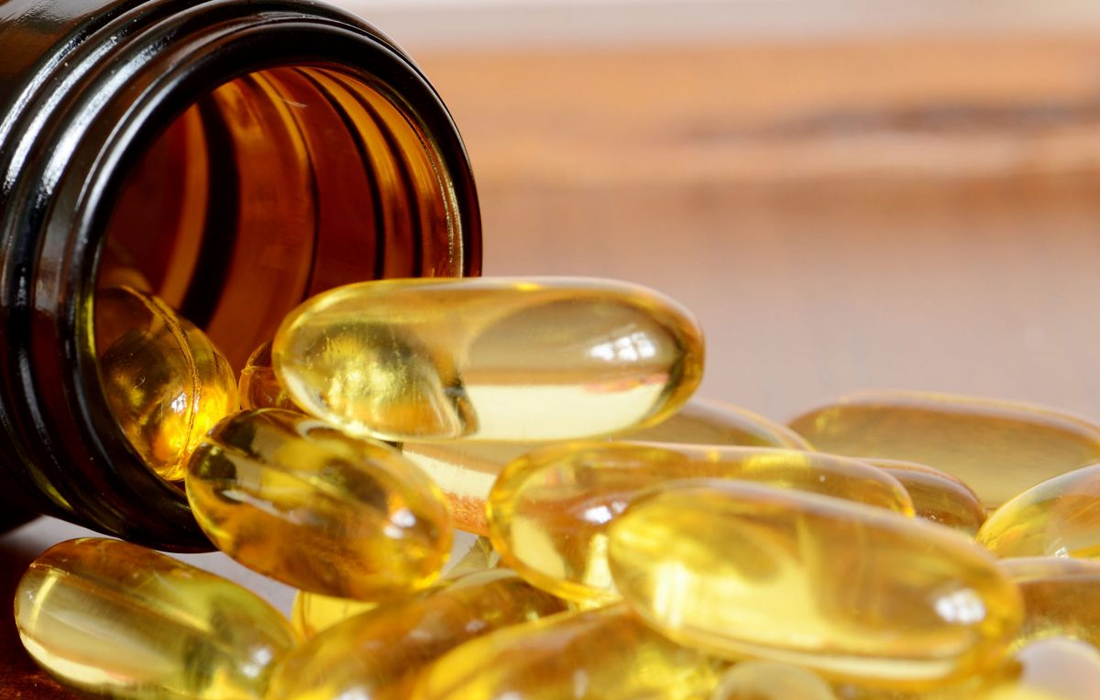COVID-19
Vitamin D Deficiency Associated with Higher Risk of COVID-19 Infection and Severity
The coronavirus disease 2019 (COVID-19) continues to spread around the globe since being declared a pandemic by the WHO in March 2020, causing significant morbidity and mortality.
SARS-CoV-2 infection rate has been reported to be higher in countries with low vitamin D and patients with low vitamin D. This vitamin is present in various types of cells and tissues. It is known for its biologic activities on many organ systems and appears to play an essential role as an immunomodulatory agent in the prevention of respiratory infections.
In a recent study published in the journal Internal and Emergency Medicine, researchers evaluated the association between vitamin D levels and the risks of SARS-CoV-2 infection and severe disease in those infected.
New Study Results
It was a retrospective study carried out among members of Clalit Health Services (CHS), the largest healthcare organization in Israel, between March 1 and October 31, 2020.
For each individual, the researchers extracted the last vitamin D level as well as the last BMI measured during the period. Other data including date of birth, gender, socioeconomic status and comorbidities were included.
The study participants were divided into 2 groups, group A included 41,757 individuals with positive SARS-CoV–2 PCR tests and group B included 417,570 individuals that had no evidence of infection (control group), in which 2,533 individuals were hospitalized in severe condition for COVID-19 and were matched with 2,533 patients who tested positive for infection but were not hospitalized.
The researchers found an inverse correlation between the level of vitamin D and the risk of SARS-CoV-2 infection and of severe disease in those infected.
Patients with very low levels of vitamin D (<30 nmol/L) had the highest risk of infection and also for severe COVID-19 when infected.
Associations were also found between obesity and comorbidity factors. But even after adjusting those factors, low vitamin D levels remained significantly associated with the outcomes.
Some mechanisms that may explain the observed association are that respiratory viruses disrupt cell junction integrity, while vitamin D maintains cell junctions and exhibits protective effects against endothelial dysfunction and thrombosis. Vitamin D also enhances cellular innate immunity partly through the induction of antimicrobial peptides that can interfere with viral replication.
Regardless of the found associations, the study results only indicate that deficiencies in vitamin D previous to infection can have a negative effect in COVID-19 infection and severity. However, they don’t indicate that vitamin D can be used as a therapeutic agent.
Sources:
Israel A, Cicurel A, Feldhamer I, et al. Vitamin D deficiency is associated with higher risks for SARS-CoV-2 infection and COVID-19 severity: a retrospective case-control study [published online ahead of print, 2022 Jan 9]. Intern Emerg Med. 2022;1-11. doi:10.1007/s11739-021-02902-w
Image from:

